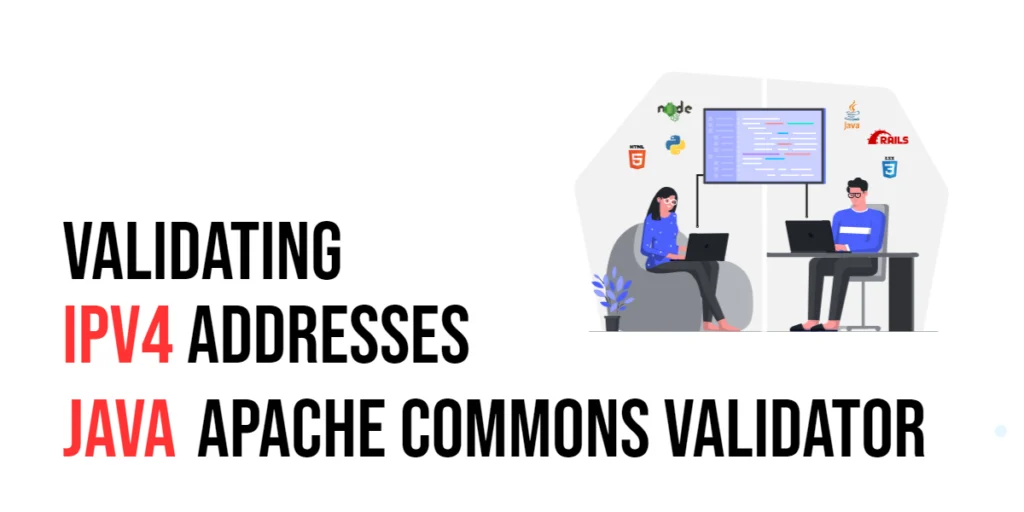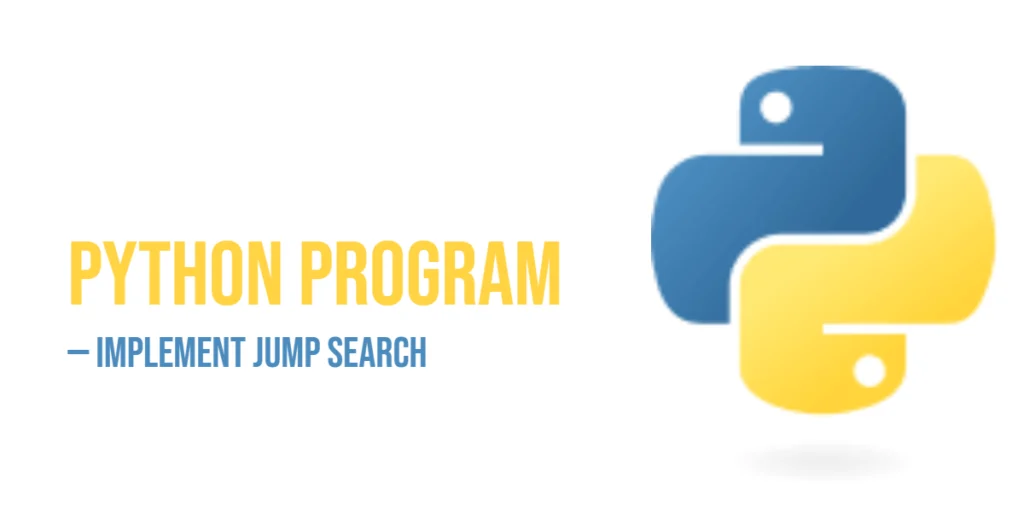In the vast world of networking, computers communicate with each other using unique identifiers called IP addresses. IPv4, short for Internet Protocol version 4, is the most widely used version of IP addresses. These addresses are essential for devices to connect and communicate over the internet. However, ensuring that these addresses are correctly formatted and valid is crucial for network security and stability.

with hands-on learning.
get the skills and confidence to land your next move.
Validating IPv4 addresses programmatically can be a challenging task, especially when dealing with various edge cases and formats. In Java, Apache Commons Validator provides a convenient solution to validate IPv4 addresses effortlessly. In this article, we’ll explore how to use Apache Commons Validator to validate IPv4 addresses in Java effectively.
Validating IPv4 Addresses with Apache Commons Validator
Apache Commons Validator is a popular Java library that provides reusable components for validating various types of data, including IP addresses. To begin using Apache Commons Validator for IPv4 address validation, you’ll need to include the library in your Java project.
Here’s a step-by-step guide on how to validate IPv4 addresses using Apache Commons Validator:
Add Apache Commons Validator Dependency:
First, you need to include the Apache Commons Validator dependency in your project. If you’re using Maven, you can add the following dependency to your pom.xml file:
<!-- https://mvnrepository.com/artifact/commons-validator/commons-validator -->
<dependency>
<groupId>commons-validator</groupId>
<artifactId>commons-validator</artifactId>
<version>1.8.0</version>
</dependency>If you’re using Gradle, add the following dependency to your build.gradle file:
// https://mvnrepository.com/artifact/commons-validator/commons-validator
implementation group: 'commons-validator', name: 'commons-validator', version: '1.8.0'Implement IPv4 Address Validation
Once you’ve added the dependency, you can start validating IPv4 addresses in your Java code. Apache Commons Validator provides a straightforward API for this purpose. Below is a basic example demonstrating how to validate an IPv4 address:
import org.apache.commons.validator.routines.InetAddressValidator;
public class IPv4ValidatorExample {
public static void main(String[] args) {
String ipAddress = "172.148.45.1";
InetAddressValidator validator = InetAddressValidator.getInstance();
if (validator.isValidInet4Address(ipAddress)) {
System.out.println("Valid IPv4 address.");
} else {
System.out.println("Invalid IPv4 address.");
}
}
}In this example, we create an instance of InetAddressValidator from Apache Commons Validator and use its isValidInet4Address method to check if the provided IP address (ipAddress) is a valid IPv4 address. The method returns true if the address is valid and false otherwise.
Conclusion
Validating IPv4 addresses in Java is made easy and efficient with Apache Commons Validator. By leveraging the functionalities provided by this library, developers can ensure that their applications handle IP addresses correctly and securely. Whether you’re building networking applications or need to validate user input, Apache Commons Validator is a valuable tool in your Java toolkit. Experiment with the examples provided in this article and explore further possibilities to enhance your Java applications with IPv4 address validation.







